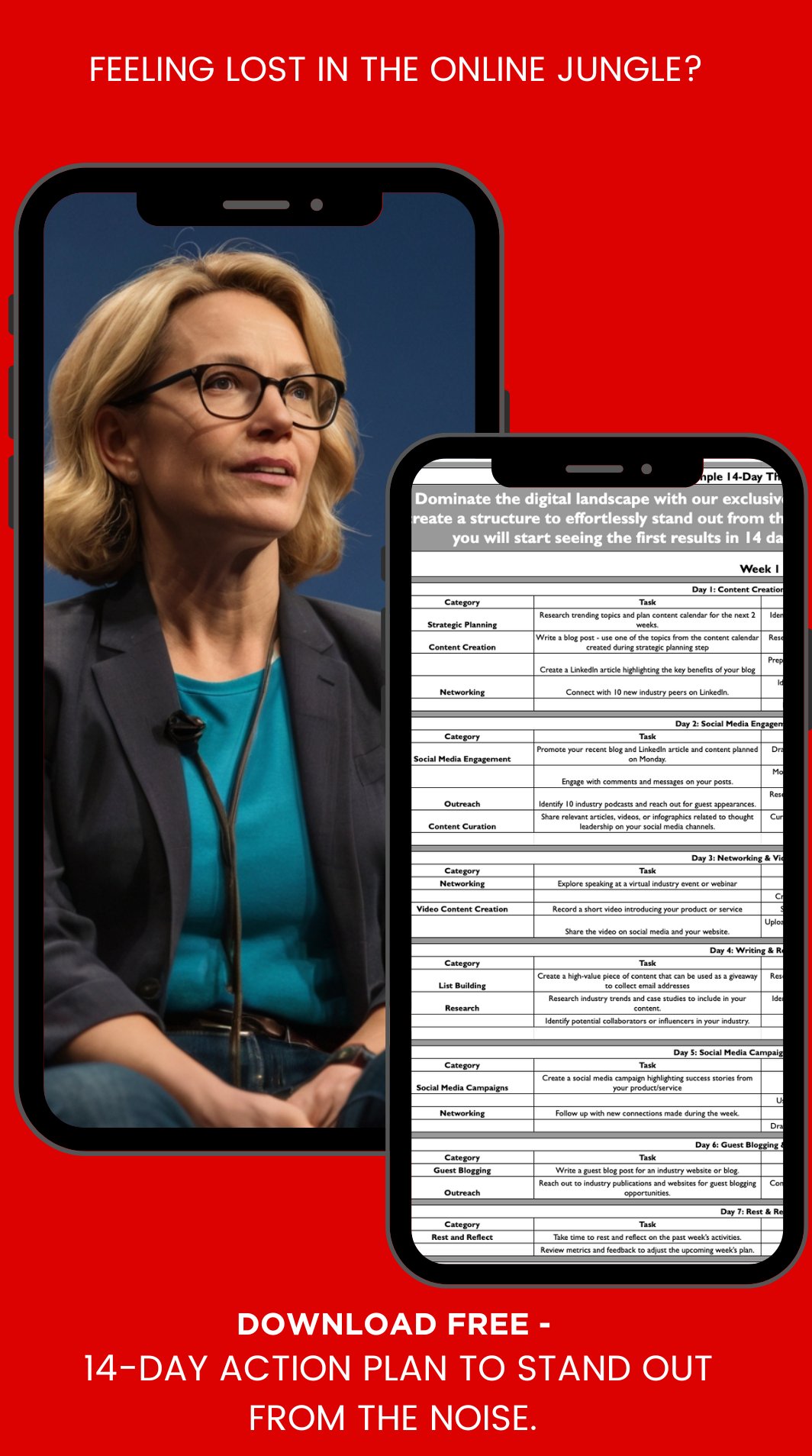One of the biggest questions you ask yourself as an emerging startup is “How can I beat my competition?”
We assume that you have already created an amazing product that everyone needs to have. Now you need generate hype on social media, create a flashy ad campaign.
A great way to beat your competition is to rank higher on search engines. How to rank higher on search engines is to use keywords and SEO.
http://gty.im/136596096
Table of Contents
ToggleWhy is Keyword Research necessary?
Keyword research is an important part of being a presence on the Internet. Dominating the ranks in search engines will mean you will appear higher than your competition and get more traffic to your website and startup.
Knowing how to research keywords is an important task you should do to help your startup. You can find great guides like How To Do Keyword Research.
“Keyword research is one of the most important, valuable, and high return activities in the search marketing field. Ranking for the “right” keywords can make or break your website. Through the detective work of puzzling out your market’s keyword demand, you not only learn which terms and phrases to target with SEO, but also learn more about your customers as a whole.”
It is common knowledge that when people search on Google they generally only visit sites that are on the first page. If you startup appears on the first page, you are guaranteed to get more visitors.
In this post we will give you a beginners guide on how to do keyword research.
1. Understanding Mechanics of the Search and Interaction with the site
When people are searching they want it to feel natural. They don’t want a robot spitting out generic answers to them. Your keywords should reflect human questions.
As a startup you should be making products to answer peoples questions and solve their problems in a human way.
When people come to your site you should give the results they were searching for in human language. The content on your landing page should reflect that.
[Tweet “Your content should give exciting and useful information.”]
It should inspire action in the visitor to your site.
2. Researching Specifics
An important thing about keyword is knowing which specific ones to target and which ones will lead potential customers to your website.
Main keywords can be broken up into two categories. The two categories are navigational keywords and contextual keywords.
Navigational Keywords
Navigational keywords are human questions are people want answers for.
If your startups product is a new website that users can organize their personal movie and music collections, a question they may search is “Where can I organize all the media I own in one area?”.
With users searching that keyword phrase you would want to appear on the first page, or better yet the very first result.
The next category is topical/informational keywords. These are keywords that are focused on specific topics.
Using the previous example of having a media organizing product, if someone searched “media organizer” you want to appear at the top of the results.
Contextual Keywords
In addition to main navigational keyword, contextual keywords are necessary to use. Contextual keywords are keyword that relate to your main keywords.
There are six categories of contextual keywords.
Variations are contextual keywords that are close variants of the same keyword. A good example would be “tech support” and “technical support”.
Qualifiers are attributes and descriptors that can be attached to keywords. An example of qualifies would be “tech support Seattle” or “tech support phone number”. Adding a simple qualifier to a keyword can change the results in Google.
Synonyms are alternate keywords describing the same concept. Example would be “tech support” to “troubleshooting”.
Co-Occurrence Terms are words frequently used in the same page or post, or are contextually relevant to your main keywords. If “tech support” is your main keyword, other words that could appear on your page would be “virus removal, PC check-up, support email”. You can find co-occurrence terms by using tag cloud websites like TagCrowd and Tagxedo.
Google Recommendation are alternate keywords that you can generate using Googles AdWords Keyword Tool. AdWords Keyword Tool can generate keywords for you based on your main keywords and the category and website of your startup. MarketMuse is another great alternative for finding keyword recommendations.
Competitors Keywords can be words appearing on the top three to five links in Google. SEMRush is a great tool that you can use to pull the top keyword. It can pull keywords from competitors sites/top ranked links on Google.
Competitor Keywords can also be words that appear in the meta descriptions and social media profiles of your competitors. Rival IQ is a tool that can compile all the keywords from your competitors.
3. How to validate keywords
Validating keywords is an important part in seeing if your efforts are helping. You want to see which keywords are helping your startup, and which ones are not working. No one wants to waste their time on keywords that have no benefit.
Initial Validation
Running an Initial Validation test is crucial to your keyword research. Initial testing will help you find out the best keywords to focus on. You should start with ten main keyword phrases for your initial validation.
There are several tests you can run for your initial validation.
You can buy a sample keyword campaign on Google. Creating a Facebook ad using your keyword phrases is another test you can run.
During your initial validation, be sure track click rates and conversion metrics. Getting and understanding this data will help you see which keywords are working.
Ongoing Validation
In addition to your initial validation you should also run monthly audits of your keywords.
For your ongoing validation you should review top keywords in Google Analytics. You should review top links in Google search results. If you signed up for Rival IQ you can review changes in positioning statements from your top competitors.
Monthly audits of your keywords is important so you can see which keywords work and which ones don’t.
4. Where and When to Use Keywords in your campaign
After you have built up your list of keywords you will be ready to start using them. When using keywords in ads and on your website, it is important to know where and when to use them.

-
On-Page Optimization
On-Page Optimization is the process of affecting the visibility of your website in search results. There are many ways you can optimize your website with keywords.
For each page on your site you should focus on single main keyword phrases.
These are locations on your page you should include your main keyword phrase:
- In the title (as close to the front as possible) – max 65-70 characters
- H1 Header Tag
- URL
- Min of 3x on the page (min recommended length – 100 words)
- Meta Descriptions (2x) – max 155 characters
- Anchor Text (on other pages linking to the main page)
- Profile Descriptions on Third Party sites
Multiple contextual keywords are also an important part of optimizing your site. They should be used in these areas:
- Meta Descriptions
- Page Content
- Rich Snippet Descriptions (make it compelling and sharable)
- Social media descriptions
Optimizing your website is one of the best ways to insure your page is ranked higher in search results.
-
Incorporating into Editorial Calendar
Having an editorial calendar for your startup is important. Being able to organize your content for blogging, newsletters, and social media will help you create consistent and compelling content.
If you have an editorial calendar you should bring your keyword research into it.
For your blogging, you should set a one main keyword phrase for each post you make. To keep your keywords from getting stale you should rotate through all your main keyword phrases at least once a month.
While creating blog posts you should follow the on-page optimizations listed earlier. Optimizing your blog posts will help them rank higher in search results.
After you post a blog, you should always share it on social media. When sharing on social media be sure to use your main keywords as well. Using your keywords as much as possible will always help.
If you have a newsletter, incorporating keywords into it is necessary. You should have one main keyword per piece of editorial content. Having a call to action using a main keyword in each newsletter is also very important.
For your social media you should use one contextually relevant phrase per post. You should rotate through each main keyword theme three times a month for social media posts.
IN CONCLUSION
As a startup you know how important is to get publicity for your company and product. Google is the website almost everyone use the web finds information. Understanding that keywords will help your startup appear in search results will help you immensely.
[Tweet “Keyword research should be an important part of your startups presence on the web.”]
The benefits of using keywords will help you beat your competitors.
Feel free to leave a comment with your questions, feedback, or experiences with keyword research.









